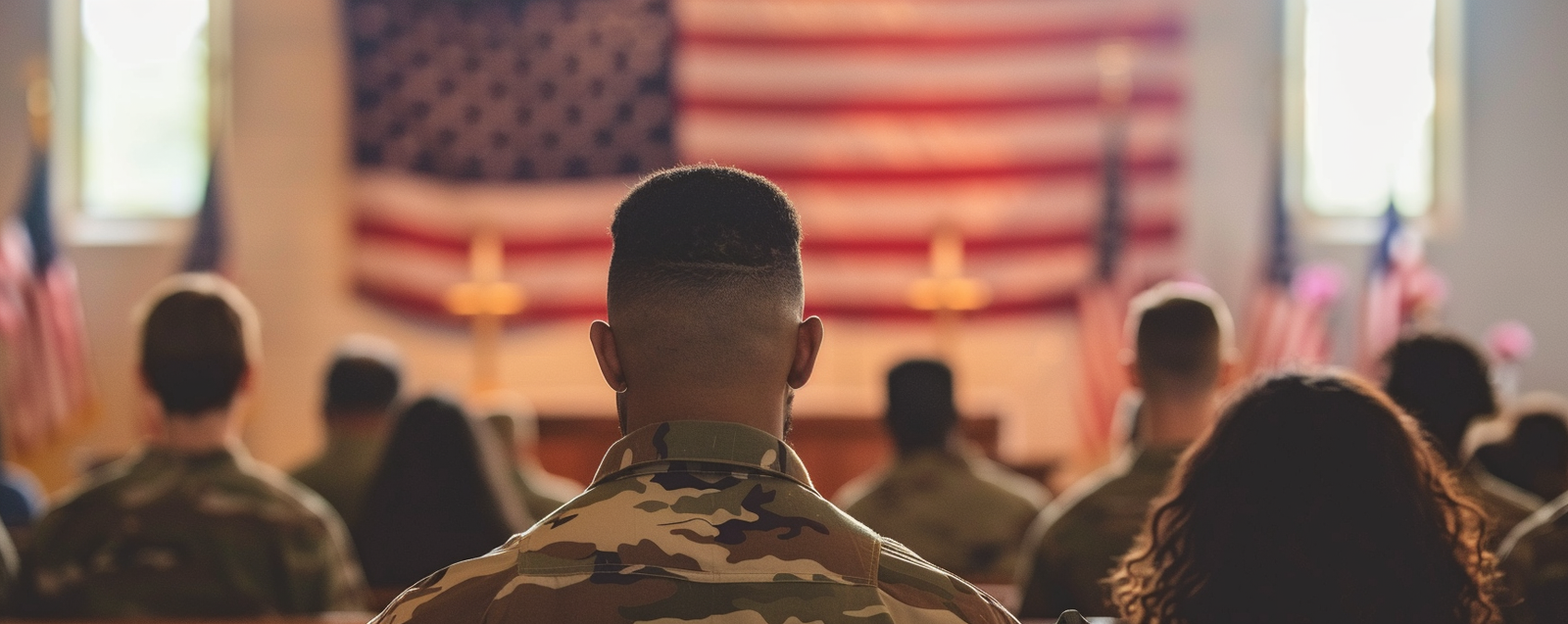There’s no denying that the rule of law in the United States feels under pressure. From attacks on the integrity of the judicial system to the erosion of trust in legal institutions, something fundamental seems strained. But is it cracking? And if so, what can lawyers—those trained in the language of justice—realistically do about it?
A Shifting Legal Landscape
The rule of law is not just a catchphrase from civics class. It’s the bedrock principle that no one is above the law, that laws are applied fairly, and that disputes are resolved in courts, not through force or chaos. But in recent years, the legal system has been increasingly politicized. Judges are labeled as partisan actors. Court rulings are treated as political wins or losses. Prosecutorial discretion is second-guessed by media and politicians. And lawyers themselves have become targets—whether for representing unpopular clients or for refusing to toe political lines.
Not Just a Political Problem
This isn’t about left or right. It’s about process. About institutions. About whether we can maintain public faith in a system where legal decisions are based on facts and law, not on political expediency or mob opinion.
The rule of law isn’t collapsing—but cracks are forming. The challenge is that legal norms are more fragile than we’d like to believe. They rely on broad-based buy-in, including from lawyers themselves.
What Can Lawyers Do?
Lawyers don’t control the headlines, but they do have influence. Here’s how:
• Model professional restraint. Whether in litigation, public discourse, or behind closed doors, lawyers who stay grounded in fact, law, and civility are crucial. Escalation only adds to the noise.
• Defend process, even when the outcome stings. The legitimacy of a court decision doesn’t depend on whether we agree with it. Lawyers should explain that distinction—not just to clients, but in broader circles.
• Push back on bad faith. This doesn’t mean policing every hot take. But when influential figures openly undermine the judiciary, silence from the legal community can be misread as agreement.
• Take on hard cases. Representing unpopular clients or causes isn’t a luxury—it’s a professional duty. More lawyers need the courage to say yes when the easy answer is no.
Why Courage Matters Now
The profession doesn’t need more grandstanding. It needs steady, principled attorneys willing to do the work—drafting fair contracts, arguing with integrity, and respecting the court even when they lose. It also needs lawyers who can speak plainly to the public and say: Here’s what the law is. Here’s why it matters.
Lawyers aren’t saviors of democracy. But they are stewards of its legal infrastructure. And when that infrastructure starts to wobble, even a little, quiet courage matters more than ever.
Not in some sweeping, dramatic sense. Just in the day-to-day practice of law—one case, one client, one conversation at a time.
